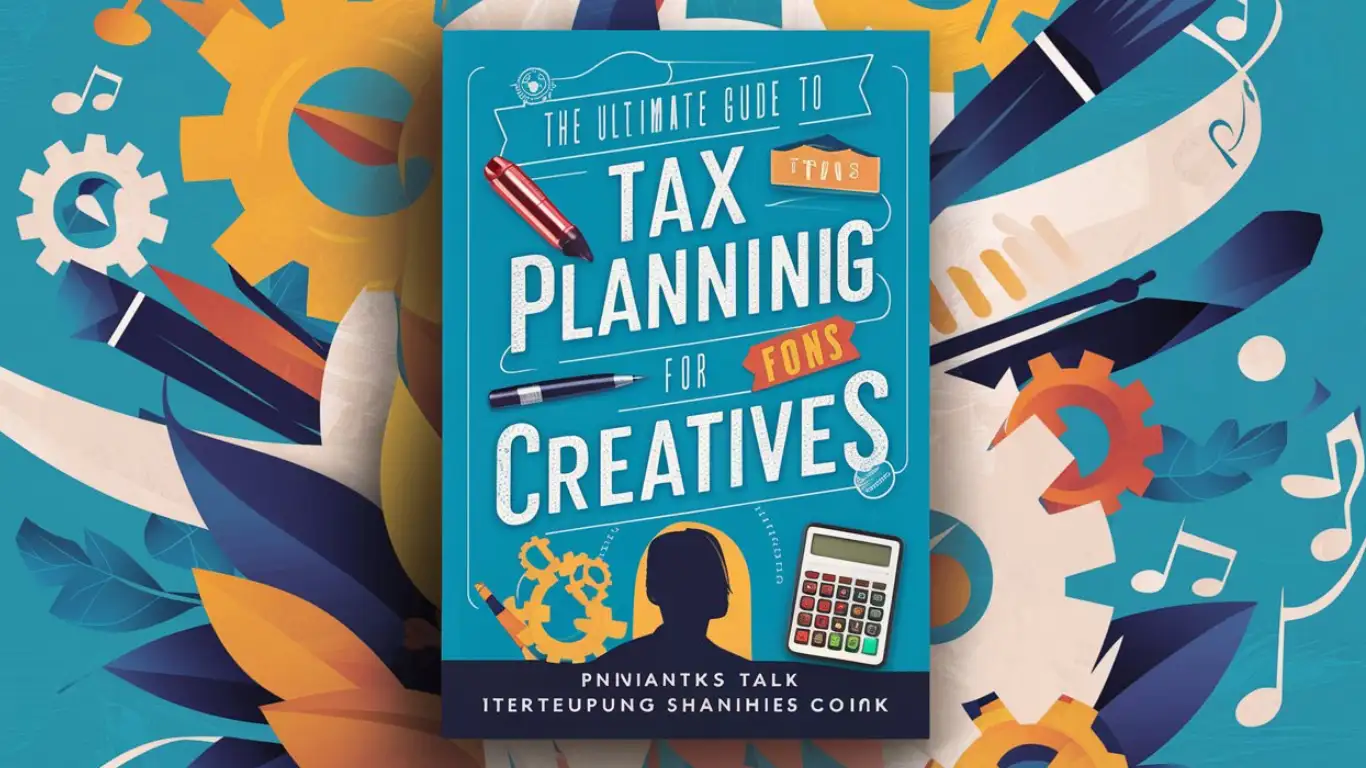Investing after retirement requires careful planning to ensure financial security and steady income. Understanding how to invest after retirement can help you make smart choices to protect your savings. Here are some safe investment options to consider for your post-retirement years.
Bonds
Bonds are popular for retirees due to their relatively low risk and steady income. When you buy a bond, you essentially lend money to a corporation or government entity in exchange for periodic interest payments and the return of the bond’s face value at maturity.
Government bonds, such as Treasury bonds, are particularly safe because the government’s credit backs them. Corporate bonds can offer higher yields but come with slightly higher risk. Diversifying your bond investments can help balance potential returns with safety.
Dividend-Paying Stocks
Dividend-paying stocks can provide a reliable income stream in retirement. These stocks belong to companies that distribute a portion of their earnings to shareholders as dividends, usually every quarter.
Investing in established companies with a history of stable dividend payments can offer both income and the potential for capital appreciation. However, stock prices can fluctuate, so it’s important to diversify your stock holdings and not rely solely on one company or sector for income.
Annuities
Annuities are insurance products that provide regular payments in exchange for a lump sum investment. They can be a good option for retirees looking for a guaranteed income stream. Annuities come in various types, including fixed, variable, and indexed, each with different features and benefits.
Fixed annuities offer guaranteed payouts, making them a stable option. Variable annuities have payments that fluctuate based on the performance of invested funds, which introduces some risk. Indexed annuities offer returns linked to market indices with some protection against losses.
SoFi states, “Fixed annuities may provide retirees with a regular income, bolster the gains from other investments, and supplement savings. In short, an annuity is a contract with an insurance company.”
Real Estate
Real estate can be a solid investment for generating income and preserving capital. Real estate can be a solid investment for generating income and preserving capital, and a guide to buying real estate in Cairns can provide valuable insights to help you make informed decisions in this thriving market.
However, real estate investing requires active management and can be illiquid, meaning it might be difficult to sell quickly if you need cash. Consider real estate investment trusts (REITs) as an alternative. REITs allow you to invest in real estate without the hassles of property management, offering a way to diversify your investment portfolio.
Certificates of Deposit (CDs)
Certificates of Deposit (CDs) are low-risk investments offered by banks. When you purchase a CD, you agree to leave a certain amount of money with the bank for a specified period, during which it earns a fixed interest rate. You receive the initial amount plus interest at the end of the term.
CDs are a safe way to earn a predictable return on your money. They are FDIC-insured up to certain limits, protecting your investment. The main drawback is that your money is locked in for the term of the CD, so it’s essential to plan your cash flow needs accordingly.
Investing after retirement involves selecting safe and reliable options that provide steady income and protect your savings. Bonds, dividend-paying stocks, annuities, real estate, and CDs are all viable choices. Each has its benefits and considerations, so it’s important to diversify your investments to spread risk and maximize returns. Consulting with a financial advisor can help tailor your investment strategy to your needs and goals, ensuring a secure and comfortable retirement. Planning carefully and choosing the right mix of investments can help you achieve financial stability in your post-retirement years.









